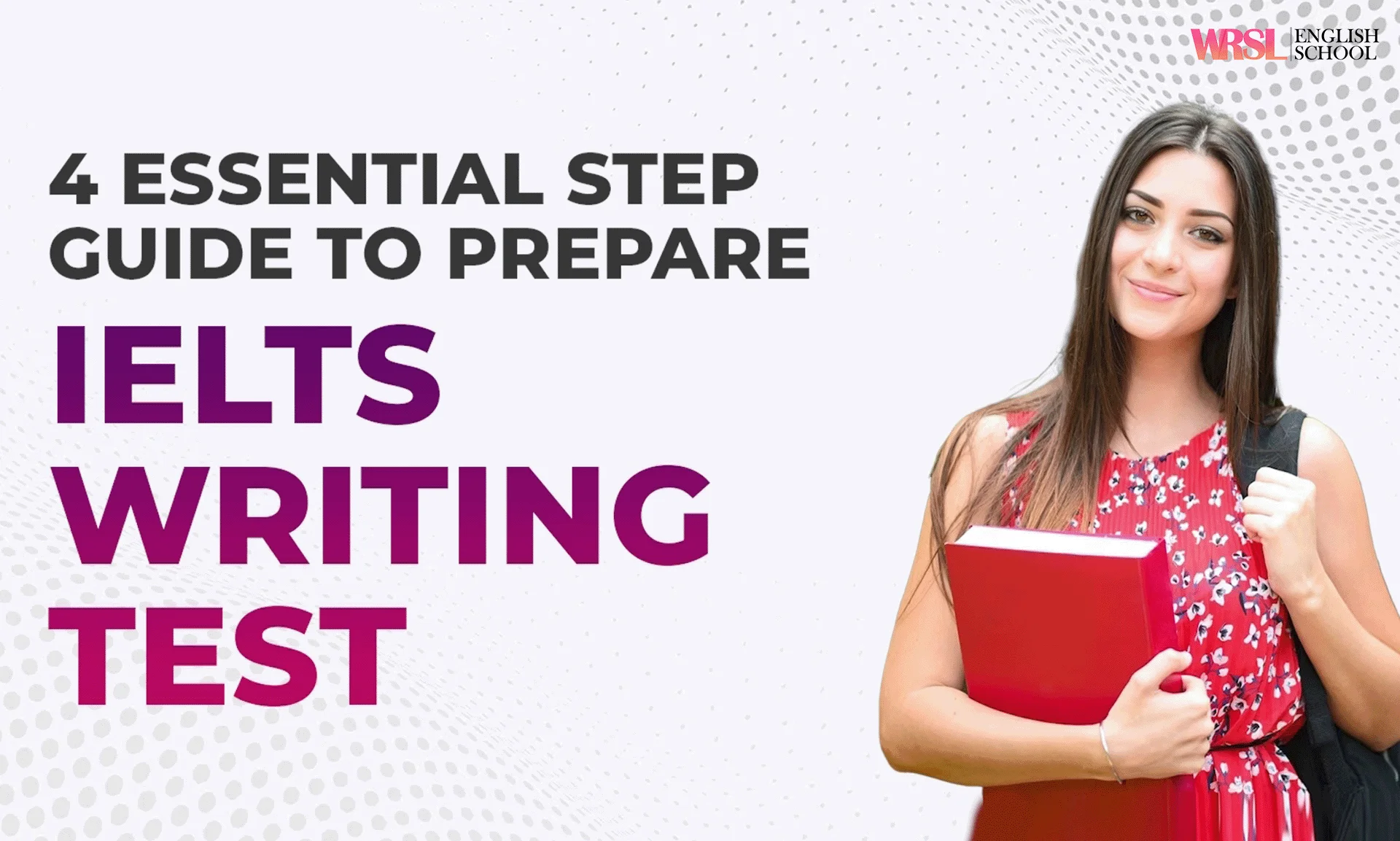Tags : ielts-topics ielts-cue-card ielts-speaking-topics
Author: Pragya MishraThe IELTS speaking test is an important component of the International English Language Testing System (IELTS), which is widely used for educational and immigration purposes. The speaking test, which is broken into three parts, evaluates your ability to communicate effectively in English. In this article, we will present an overview of the IELTS speaking test and explore some of the typical subjects, recommendations, and sample questions for each section.
Part 1: Introduction and General Conversation (4-5 minutes)
The examiners will introduce themselves and ask you some general questions about yourself, your family, your work/studies, and your hobbies/interests in part 1 of the IELTS speaking examination. This section is intended to relax you and create a connection with the examiner. Here are some sample questions and popular subjects for Part1:
Hometown: Where are you from? What do you like about your hometown? What changes have you seen in your hometown in recent years? Family: Do you have a large or small family? Who do you spend the most time with in your family? What kind of activities do you do with your family? Work or studies: What do you do for a living? What are you studying? Do you enjoy your job/studies? Leisure time: What do you like to do in your free time? Do you prefer indoor or outdoor activities? Have you tried any new hobbies recently? Likes and dislikes: What is your favorite food? Do you like to travel? Do you enjoy watching movies or reading books?Part 2: Cue Card (3-4 minutes)
You will be handed a cue card with a topic to speak about in part 2 of the IELTS speaking test. You will have one minute to prepare before speaking for two minutes. This section is intended to assess your ability to communicate smoothly and logically on a specific topic. Here are some ideas for part 2 topics and questions:
Describe a memorable vacation you took: Where did you go? Who did you go with? What did you do there? Talk about a time when you had to make a difficult decision: What was the decision? What were your options? How did you make the decision? Describe a book or movie that had an impact on you: What was the book/movie? What was the impact? Why do you think it had that impact on you? Talk about a skill you would like to learn: What is the skill? Why do you want to learn it? How would you go about learning it? Describe a time when you had to overcome a challenge: What was the challenge? How did you overcome it? What did you learn from the experience?Part 3: Discussion (4-5 minutes)
The examiner will ask you additional questions about the topic covered in part 2 of the IELTS speaking test in part 3. This section is intended to assess your abilities to thoroughly debate and analyse a topic. Here are some examples of part 3 topics and questions:
Education: How has the education system changed in recent years? Do you think it is better to study in a classroom or online? What are the advantages and disadvantages of studying abroad? Environment: How can we protect the environment? What are the consequences of global warming? What are the benefits of renewable energy? Technology: How has technology changed the way we communicate? What are the pros and cons of social media? Do you think technology has made our lives easier or more complicated? Culture: How important is cultural diversity? What are the benefits of learning about different cultures? What are some of the challenges of living in a multicultural society? Future: What do you think the world will be like in 50 years? How will technology change our lives in the future? What are the biggest challenges that we will face in the future?What are the 7 tips for the IELTS Speaking Test
- 1. Speak loudly and clearly. Avoid hesitating or using filler words like "um" or "ah".
- 2. To illustrate your diversity of language skills, use a variety of words and sentence patterns.
- 3. Stay on topic and provide a thorough response to the question. Avoid tangents and providing irrelevant material.
- 4. Make your replies more fascinating by using examples and personal experiences to back up your ideas.
- 5. If you are unclear, don't be hesitant to ask the examiner to repeat or clarify a question.
- 6. Practise speaking English in both official and casual contexts as much as possible.
- 7. When practising, time yourself to verify that you can complete each section of the test in the time allocated.
Conclusion
For those wishing to enhance their English language skills, the IELTS speaking test can be a tough yet rewarding experience. You can feel more secure and prepared for the test by familiarising yourself with common topics, practising speaking English, and following these guidelines. Remember to stay calm and concentrated during the test, and don't be scared to exhibit your personality and excitement. Best wishes!








